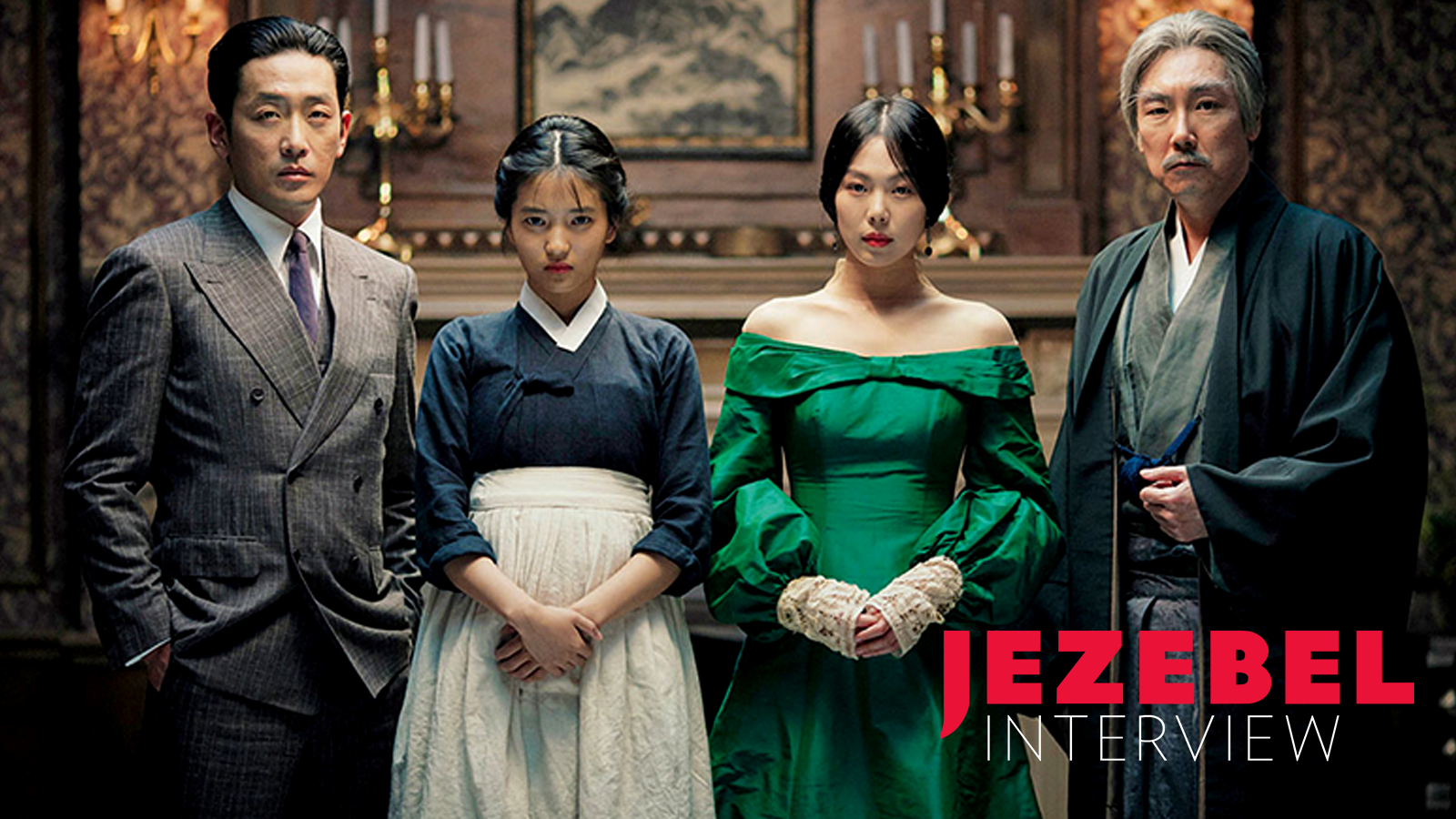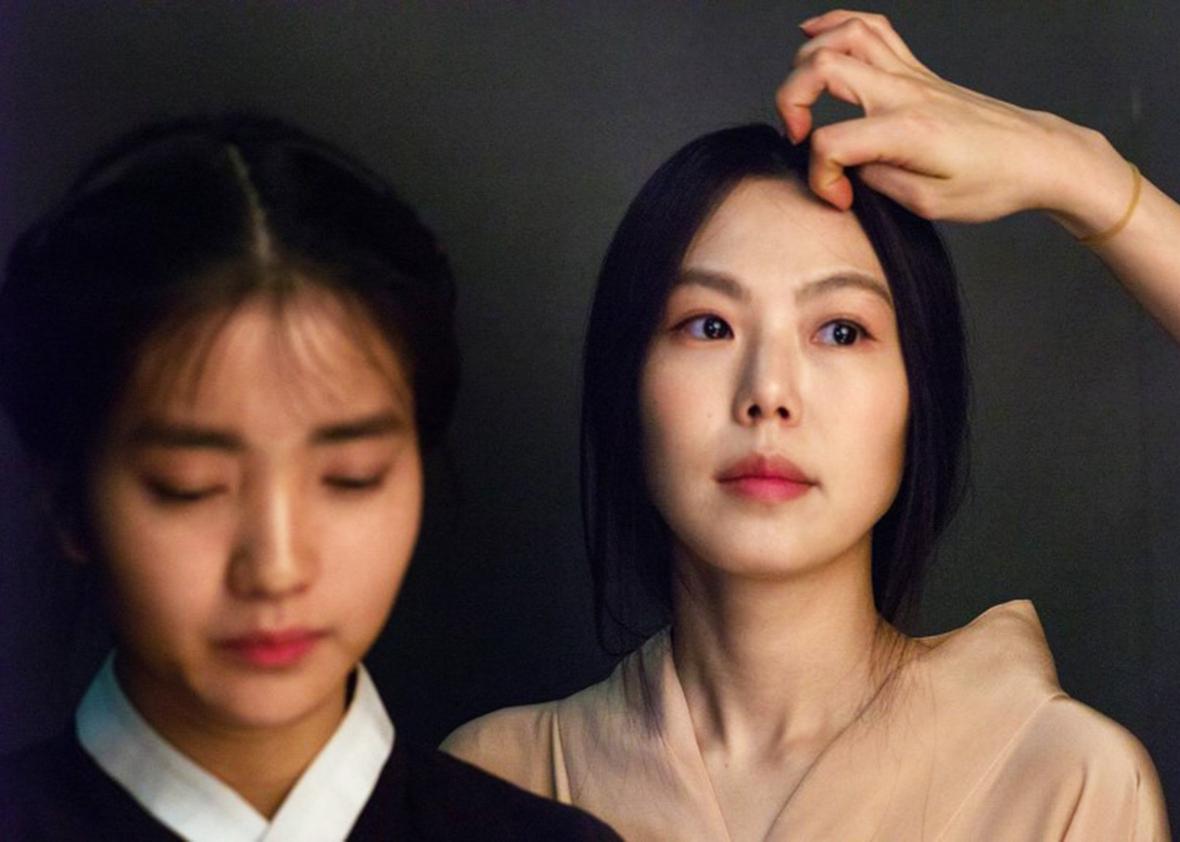

‘Some Koreans were captivated by Japan’ … The Handmaiden. A former film critic, he is a genial interviewee, kindly even. If Park feels any irritation he doesn’t show it.

The process - the question, the translation, the answer, the translation, the translation of the translation - is achingly slow. He speaks, as Park, in the third person, while the director smiles and waits for his message to get across. An interpreter, an attentive young man clutching a yellow legal pad, has been assigned to his side. Because it’s not part of the source material,” says Park. Perhaps inevitably, given it’s a Park film, grisly vengeance plays a part too. There is, in a nod to Oldboy’s cephalopod-chomping dinner scene, an octopus – a leviathan hulk (too huge to eat) that splurges from a fish tank in the antagonist’s chambers. There is betrayal and devotion and lots of explicit lesbian sex.

A romance told from both sides, in which neither can ever fully be trusted. Maybe revenge is a part of me … Because it’s not part of the source materialĭivided, like the book, into three parts, it is a strange and sumptuous film. Park’s version, transferred to 1930s Korea, maps out the same basic plot (maid meets lady, maid and lady fall for each other, double-cross each other, then reunite). It’s based on Sarah Waters’ Fingersmith, the Man Booker prize-nominated novel about a female Victorian street urchin who is tasked with winning the trust of a lady and, eventually, displacing her. Park is busy examining his gender fluidity because of his new film, The Handmaiden, which premiered at the Cannes film festival last week.


 0 kommentar(er)
0 kommentar(er)
